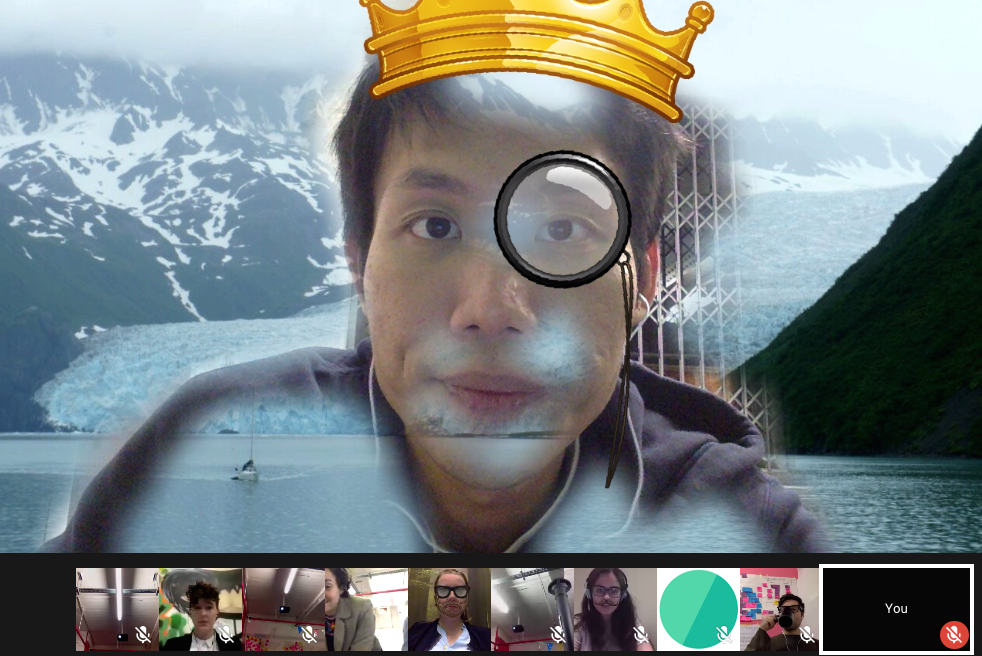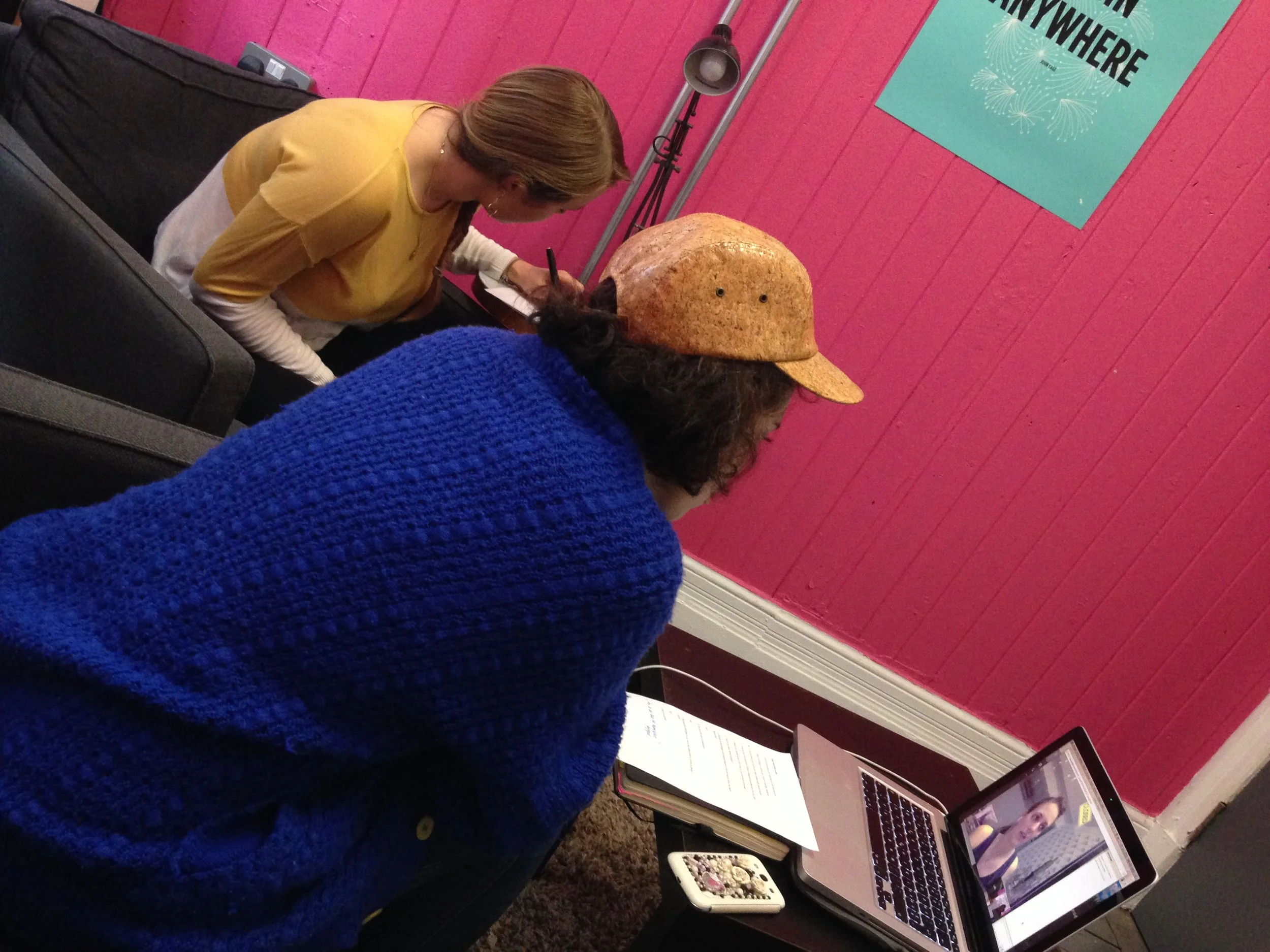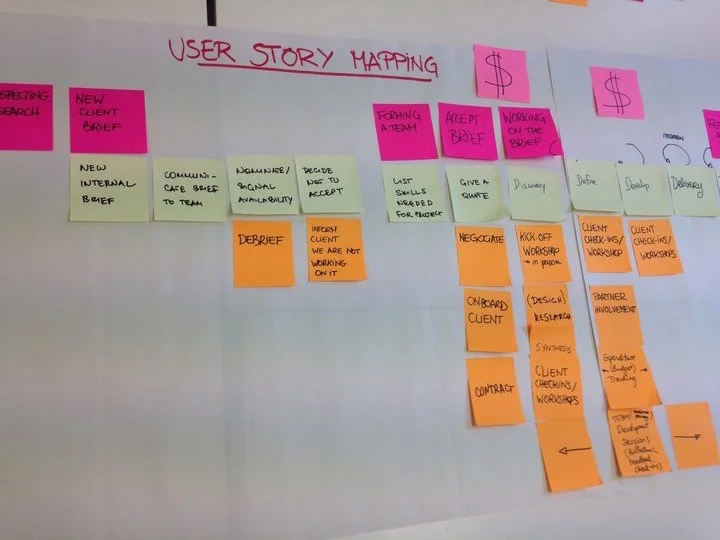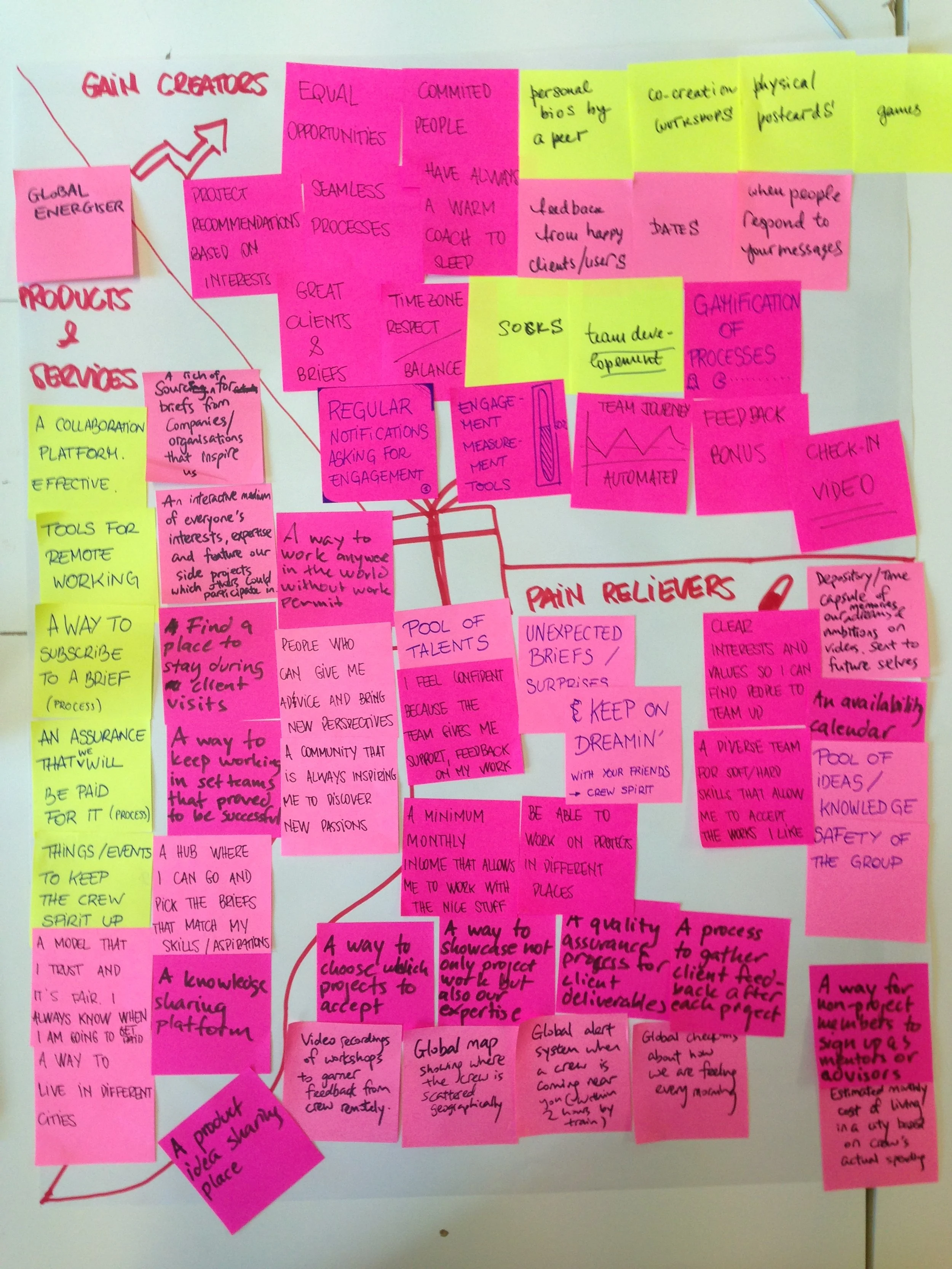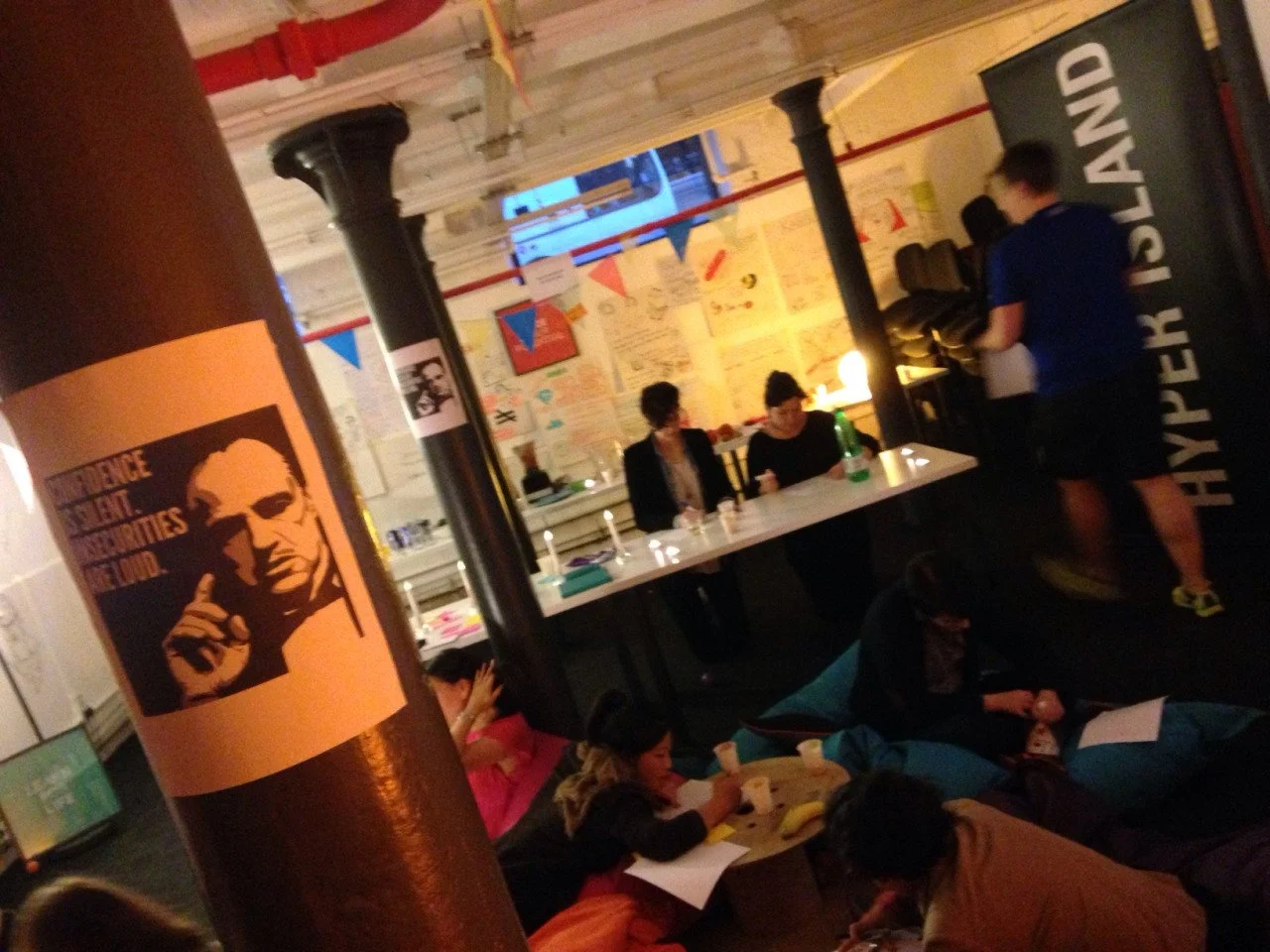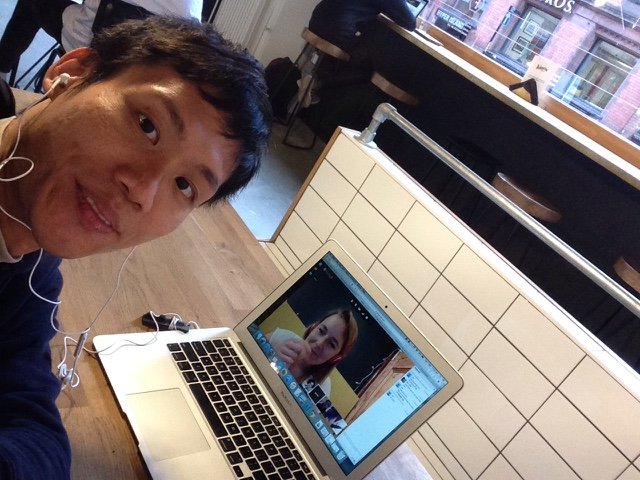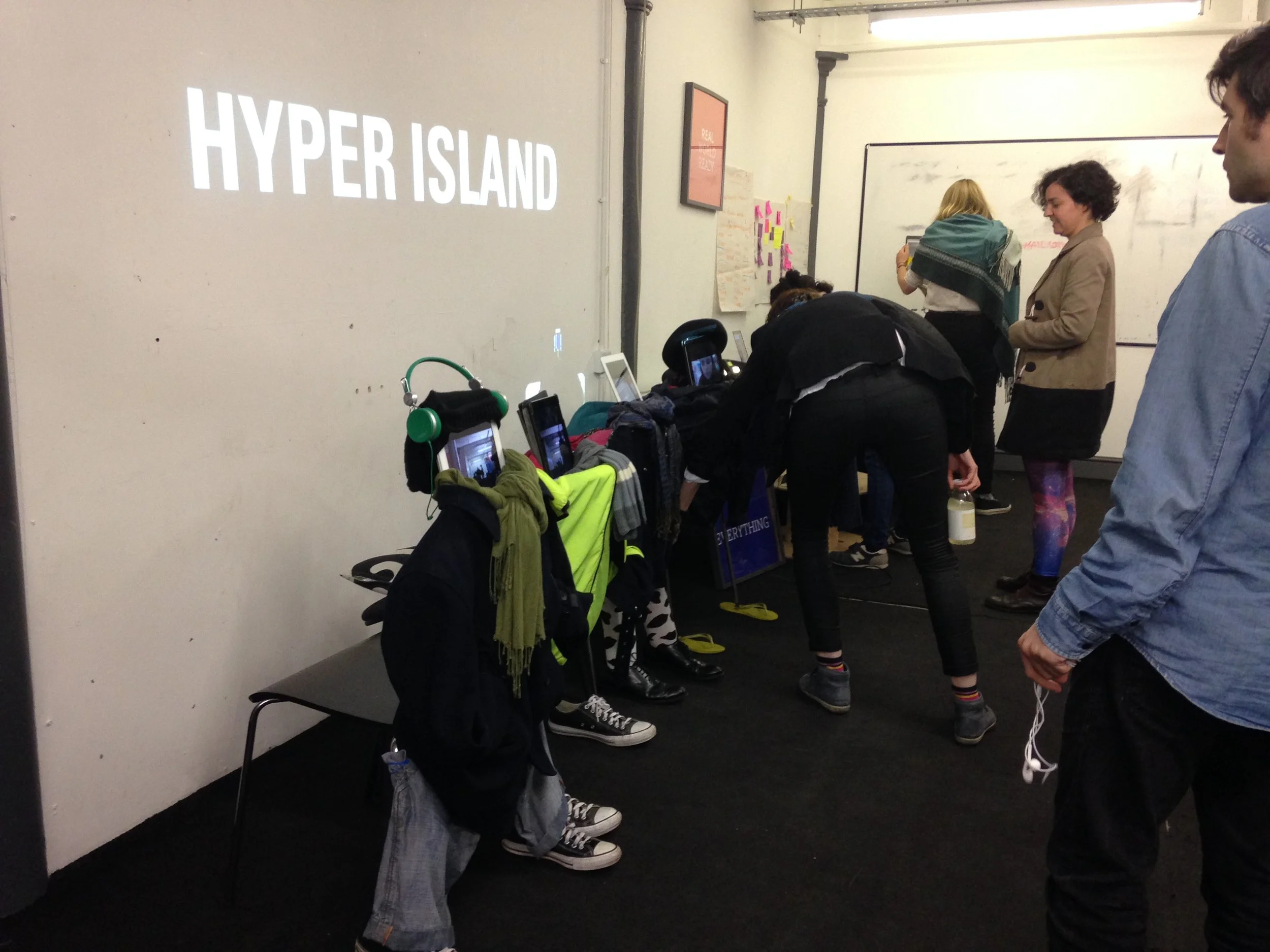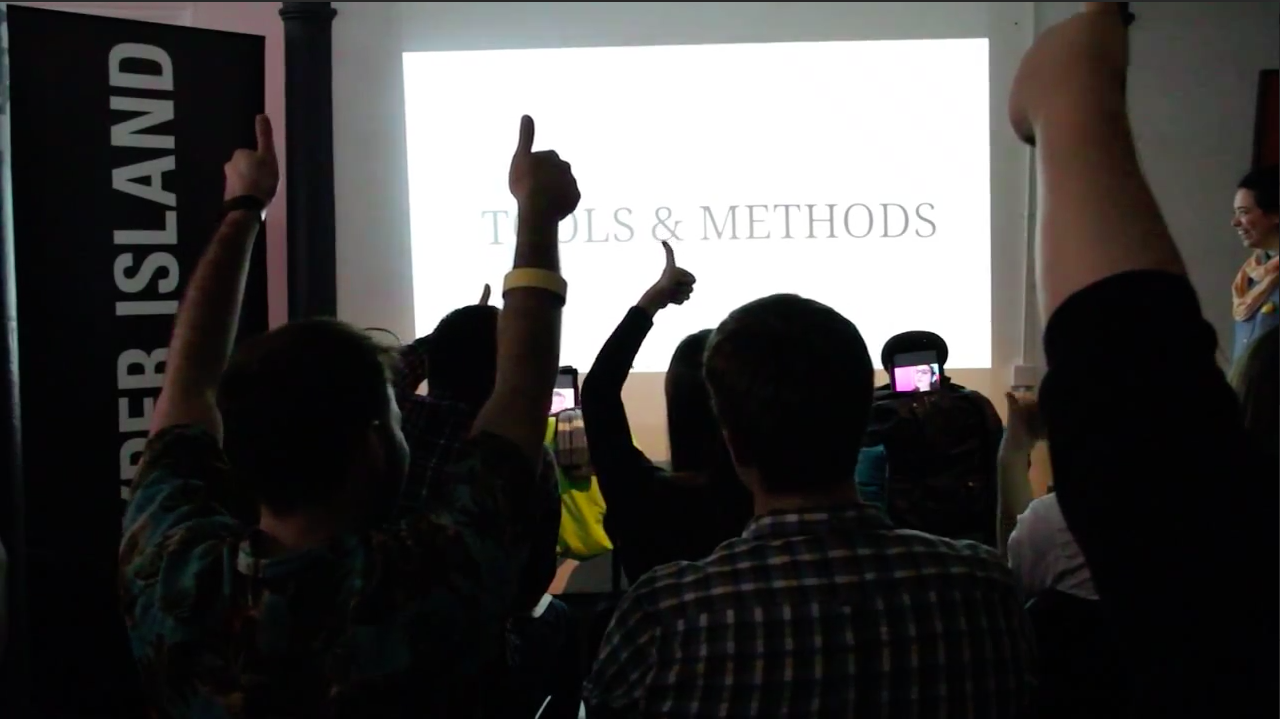Enabling Collaboration in Remote Design Teams
MOE Collective
BRIEF
13 countries. 19 experience designers. In the globalised world, the design industry is realising the need for diverse teams to solve emerging problems. Create a design collective and design ways to collaborate from remote locations.
MY ROLES
Researcher (remote work practices), Concept Development, Prototyping
WHAT WE DID
1) SETTING OUR TEAM CULTURE
Understanding each other's needs and how we could help each other were important starting points of our team. We had an open sharing about personal strengths and weaknesses, and agreed on a set of values and rituals to adhere to e.g. daily team check-ins, regular energisers, active listening always, and to be done than perfect.
2) DISCOVERING USER NEEDS
We split ourselves into two teams - I was part of the "internal" team, focused on uncovering internal communication needs; the "external" team focused on the remote teams' needs for identifying potential clients and external stakeholder engagement. We implemented an "exchange" program between the two teams, to get fresh perspectives along the way.
How might a diverse team of designers collaborate remotely to deliver effective solutions?
Research: We first looked into best practices of remote work, and consulted industry practitioners on challenges of putting together a global design collective based on remote teams. We also interviewed some collective members to understand what were some of their concerns.
Storymapping: We also mapped out the key tasks and steps of the collective, from receiving a brief, forming teams, to delivering solutions.
Value Proposition Canvas: We then mapped out our current understandings of the value proposition on the canvas, and prioritised the research gaps to close.
Kickoff Workshop: Engaging all collective members for the kickoff workshop, where we facilitated vision creation and heard about their expectations and fears about being involved in remote teams and starting up a global design collective together. The collective also decided on their name as "MOE" - Masters of Experience.
3) DEFINING THE PROBLEM
Drawing from the understanding we had from the kickoff workshop, we prioritised issues to focus on and the near-term goals to achieve for the fledging design collective. The internal team proceeded to test out ideas for ensuring smooth remote work collaborations.
4) DEVELOPING SOLUTIONS
Remote Work Trial: The "internal" team tried out various ways of collaborating online, using a suite of online tools to enable discussions to take place without Post-its and Sharpies in the physical world. We tried out tools like Stories on Board, MURAL, Trello, and Google Hangouts and identified the difficulties faced, and possible workarounds.
5) DELIVERING SOLUTION
We assumed that during client presentation, only one member of the collective would be present on-site to deliver the solution, with the rest based in remote locations.
Therefore, for the demo, we came up with a set-up that involved "human-like" machines i.e. tablets dressed up like humanoids for off-site members to call in to the presentation, facilitated by one physical team member who was on-site.
We ran multiple tests prior to the actual presentation to ensure all devices could be linked and how the on-site member could facilitate the rest of the team's presentations.
Our solution was well-received :)
WHAT I LEARNT
Much like driverless cars finding it difficult to move at four-way junctions in the absence of making eye contact, remote team communications stressed the need for each team member to be even more conscious on how we communicate. E.g. signalling acknowledgement during a long conversation, speaking one at a time, active listening, and checking for understanding.
Maintaining a robust team culture of trust was also critical, especially when wi-fi signals turned bad during moments of intense discussions, introducing additional friction which could cause patience to run thin, faster than usual.
Client: DXD Crew 1, Hyper Island
MA Digital Experience Design
Hyper Island Manchester, September 2015
Team: Christine Valentin, Dessy Chongarova, Gaelle Le Gélard, Ligia Oliviera, Soraya Cadelli, Tiago Varandas, JL Wong
